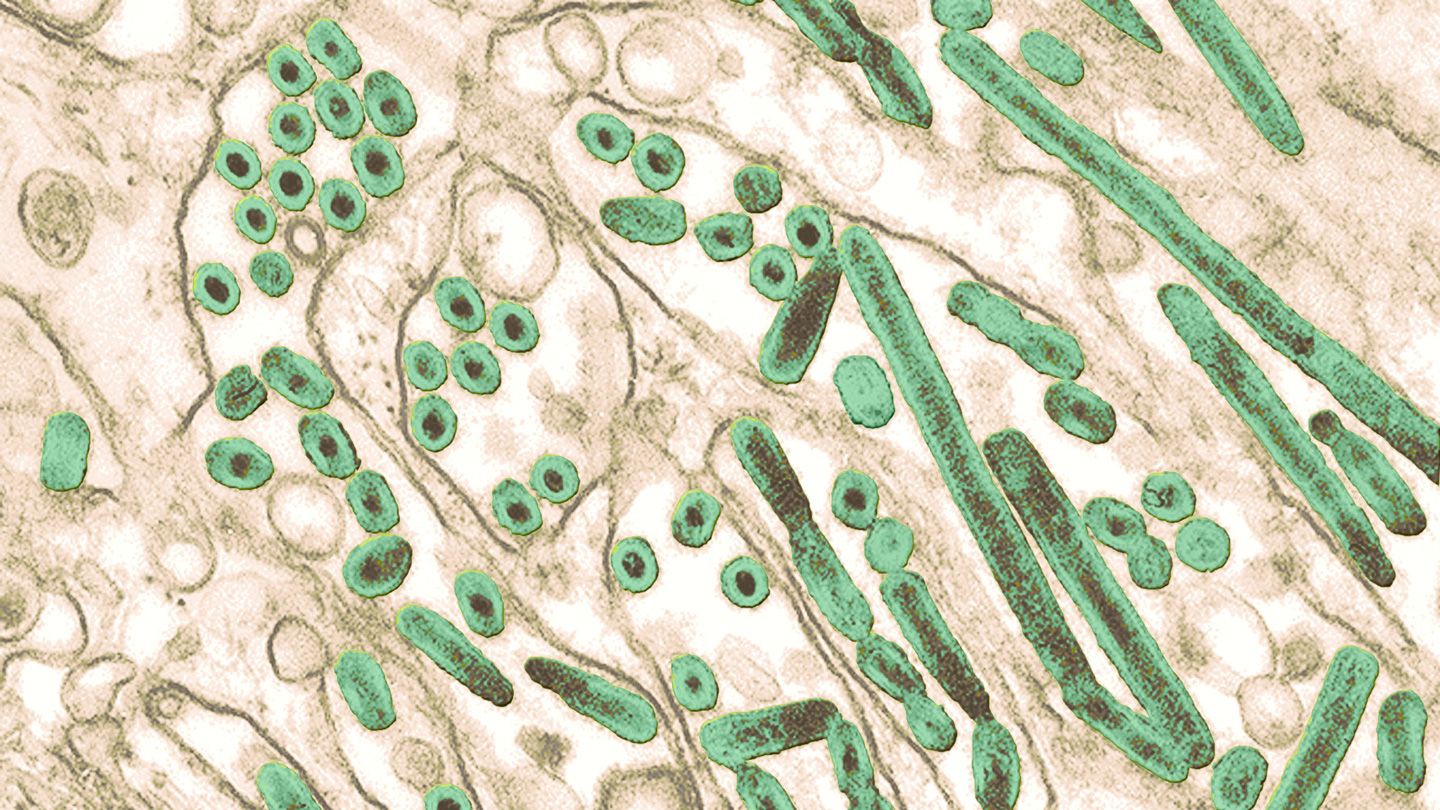The first U.S. patient hospitalized with severe bird flu — a case of H5N1 avian influenza — has died in Louisiana, according to state health officials.
The Louisiana patient was over 65 years old and had preexisting health problems, the health department said. The patient had been in contact with a flock of backyard birds as well as wild birds, health officials said.
After an extensive investigation, the health department said it had no evidence of additional cases or person-to-person transmission in Louisiana.
“The bird flu virus has not acquired the genetic capacity to readily infect humans or to spread easily in the human population,” says William Schaffner, MD, a professor of infectious diseases at Vanderbilt University Medical Center in Nashville, Tennessee.
“If the virus continues as is, without the capacity to spread easily among people, deaths from bird flu will continue to be unusual,” Dr. Schaffner adds. “Of course, should the virus develop the genetic capacity to spread readily among humans, then it is likely the world would experience a pandemic that would result in much serious illness and many deaths.”
Almost All U.S. Cases of Bird Flu Have Been Mild
Who Is at Risk of Severe Illness From Bird Flu?
As with seasonal flu, elderly individuals and people with chronic medical conditions are more likely to develop severe bird flu infections, Schaffner says. Right now, people should be much more worried about seasonal flu — which is highly contagious and easily spreads from person to person — than about bird flu, Schaffner adds.
How Does Bird Flu Make Humans Sick?
People who get sick with bird flu are mostly likely in close contact with the virus through exposure to commercial or personal flocks or livestock, says Stephen Morse, PhD, an epidemiology professor at the Columbia University Mailman School of Public Health in New York City.
“The virus is probably inhaled in most of the serious cases,” Dr. Morse says.
People would likely have to be in very close contact with infected birds and breathe in high concentrations of the virus to get a severe infection, because this type of influenza attacks deep inside the respiratory tract, Morse notes. “This is probably why serious human cases are relatively rare.”
People would be most at risk if they work in close contact with birds on commercial farms doing tasks like defeathering, or if they hunt and clean the birds they kill, says Richard Webby, PhD, an infectious disease researcher at St. Jude Graduate School of Biomedical Sciences in Memphis, Tennessee, and the director of the World Health Organization Collaborating Center for Studies on the Ecology of Influenza in Animals and Birds.
“In instances where these activities are conducted, doing them in well-ventilated areas with hygiene precautions such as hand washing and maybe even masking make good sense,” Dr. Webby says.
How to Protect Yourself Against Bird Flu
The Louisiana Department of Health recommends the following precautions for people who may handle birds and for the general public:
- Do not touch sick or dead animals or their bodily fluids, and do not bring sick wild animals into your home.
- Keep your pets away from sick or dead animals and their waste.
- Do not eat uncooked or undercooked animal products. Cook poultry, eggs, and other animal products to the proper temperature and prevent cross-contamination between raw and cooked food.
- Avoid raw food products such as unpasteurized raw milk or cheeses from animals that have a suspected or confirmed infection.
- If you work on poultry or dairy farms, talk to your healthcare provider about getting your seasonal flu vaccination. It will not prevent infection with avian influenza viruses, but it can reduce the risk of coinfection with avian and seasonal flu viruses.
Read the full article here




